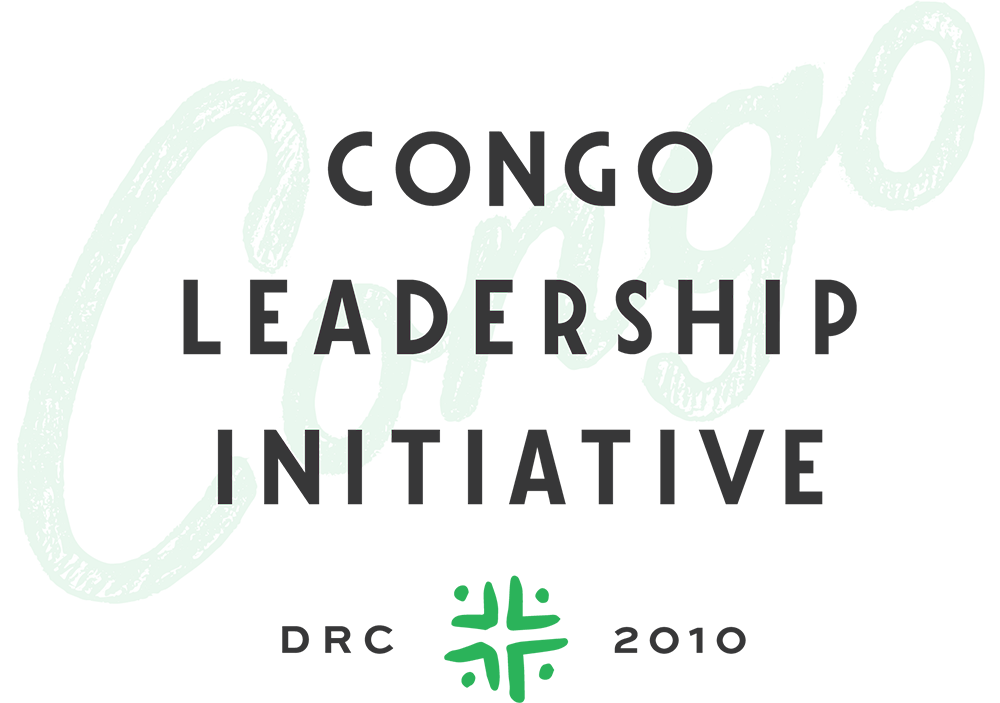What happens when we look at education differently?
What is the difference in impact between teaching someone subjects and teaching skills? Teacher and writing professional Seth Godin says: a lot.
In a recent blog post, Godin examines the pitfalls of traditional schooling. He believes it doesn't allow all students to shine. Traditional education produces regurgitation and obedience as a dominant trait to define excellence. But by prioritizing development of the skill set, subjects like languages, math, and science, can be analyzed in creativity class and a problem-solving class, for example, in different ways. Keeping track of the progress of a skill's development will overall provide more of a big picture of the student.
At the Congo Leadership Initiative, we have similar values. We're interested in creating leaders that will go out and make a difference in their community. We want to set our leaders up for success, and the results have made all the difference. In the last ten years, CLI has trained over 2000 Congolese youth, and our method has led to over 350 businesses started in the Democratic Republic of Congo.
We provide courses like women in leadership, but we also offer business courses like defining the qualities needed for entrepreneurial success. The truth is, these courses are not mutually exclusive from one another. Developing hard skills that are valuable for all of our leaders allows them to take away what they learned in the training portion of our program and put it into to practice by completing projects in small groups for the second portion of the program. Our leaders work hard to be successful. At the end of the program, we provide microloans for our young leaders so they can continue benefiting their communities in ways that benefit their needs directly.
How can we do our part to look at the practice of education from all angles to develop the skills of the youth in the Congo?

